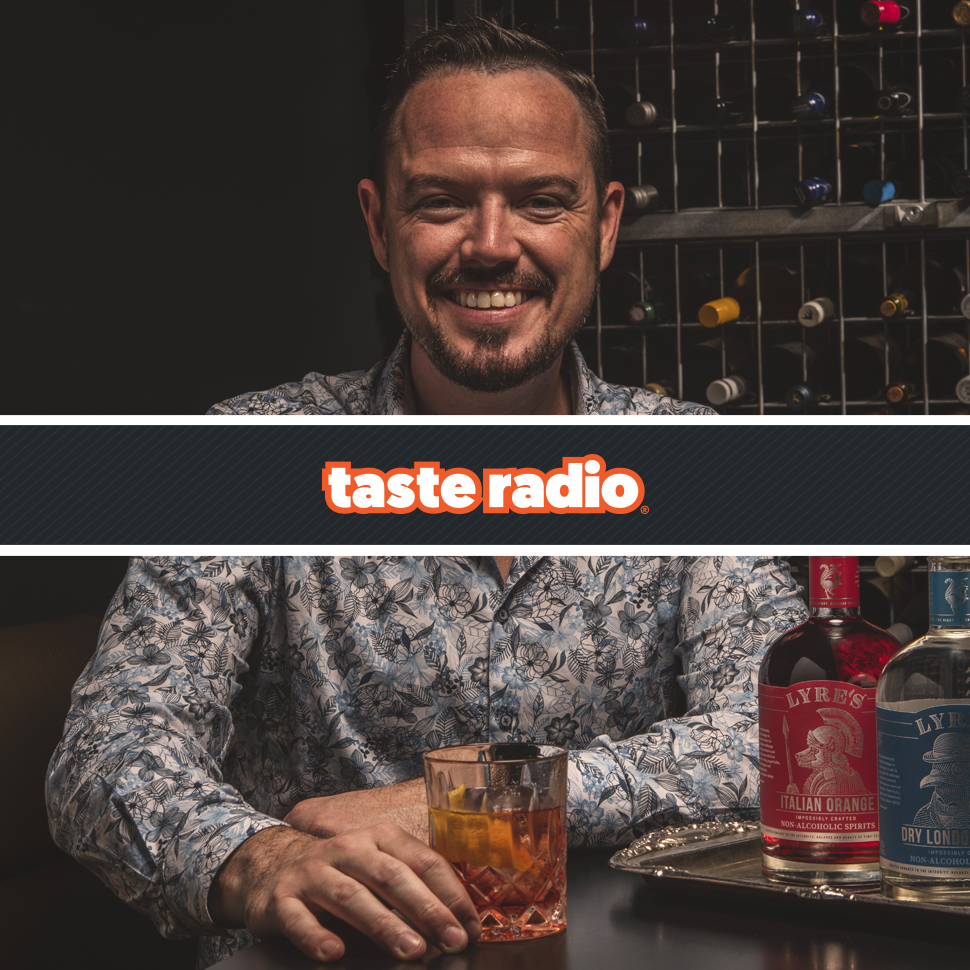



For many consumers, mindful drinking is top of mind.
A 2021 omnibus survey conducted by market research firm NielsenIQ showed that 22% Americans are cutting back on their alcoholic beverage consumption, citing health and wellness and shifting interests as two core reasons. Concurrent with a rise in interest for sober or sober-curious lifestyles is the emergence of a new cohort of non-alcoholic spirit and cocktail brands, including Lyre’s.
Launched in 2019 by entrepreneurs Mark Livings and Carl Hartmann, Lyre’s markets non-alcoholic analogs of the world’s most popular spirits, including bourbon, gin and tequila. Positioned as premium, sophisticated spirit alternatives without any compromise, Lyre’s blitz-scaling strategy has enabled it to become the world’s leading non-alcoholic brand with distribution in dozens of countries.
Investors have taken note of Lyre’s growth: last year, the company completed a new funding round at a $360 million valuation and was led by D Squared Capital and Morgan Creek Capital Management, an early investor in Drizly, AliBaba, and SpaceX.
In this episode, Livings spoke about his vision for Lyre’s and the future of non-alcoholic spirits, why the company has prioritized market share and rapid growth, the development of its portfolio and product road map, Lyre’s thoughtful communication strategy and how his management style supports Lyre’s torrid trajectory.
In this Episode
 |
0:45: Mark Livings, Co-Founder/CEO, Lyre’s – Livings spoke with Taste Radio editor Ray Latif about why he lives and works in Amsterdam, the emergence of the low/no-alc beverage category, the variety of consumers that Lyre’s is targeting, and the reason that the company is in so many global markets. He also explained how Lyre’s is attempting to be synonymous with non-alcoholic spirits, the brand’s focus on being a “first scaler,” the importance of “the referral moment,” and how the company produces its liquid. Later, he discussed Lyre’s innovation strategy and why it launched an RTD line, its approach to aligning promotion and communication with things like “Dry January” and “Sober October,” and how he manages and motivates a global team remotely. |






